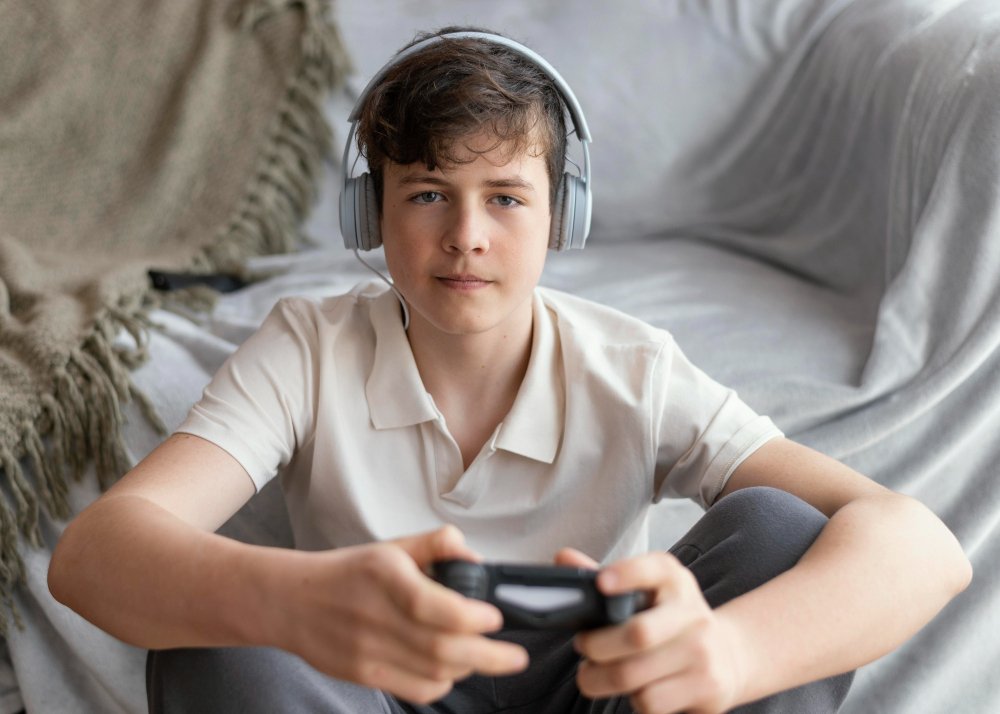What is it?
Gaming Disorder is a behavioural addiction where an individual loses control over video game use, prioritising gaming over daily responsibilities, relationships, health, or academics. It can affect both children and adults, and often leads to emotional, cognitive, and social challenges.

What causes it?
Gaming becomes problematic when used as a primary way to cope with emotions or escape from reality. Contributing factors include:
- Use of gaming as an emotional outlet for stress, anxiety, or boredom
- In-game rewards and competition trigger dopamine-driven behaviour
- Lack of structure or meaningful offline engagement
- Low self-esteem, social anxiety, or difficulty forming real-life relationships
- Exposure to gaming at an early age without boundaries
What are the possible symptoms?
Symptoms of gaming disorder include:
- Preoccupation with gaming, even when not playing
- Difficulty stopping or reducing playtime, despite negative effects
- Neglect of sleep, meals, hygiene, academics, or work
- Irritability, restlessness, or emotional distress when not gaming
- Isolation from real-world relationships or hobbies
What do we do?
Gaming disorder is addressed by Dr. Prabhojit through compassionate, developmentally appropriate interventions.
Treatment includes:

Assessment
of gaming patterns, emotional needs, and behavioural impact
01

Cognitive-Behavioural Therapy (CBT)
to help manage cravings and improve impulse control
02

Planning and Enforcing
healthy screen-time boundaries and alternatives
03

Support
for emotional regulation, routine-building, and social skills
04

Parent/Caregiver Involvement
to monitor progress and reinforce positive behaviours
05
